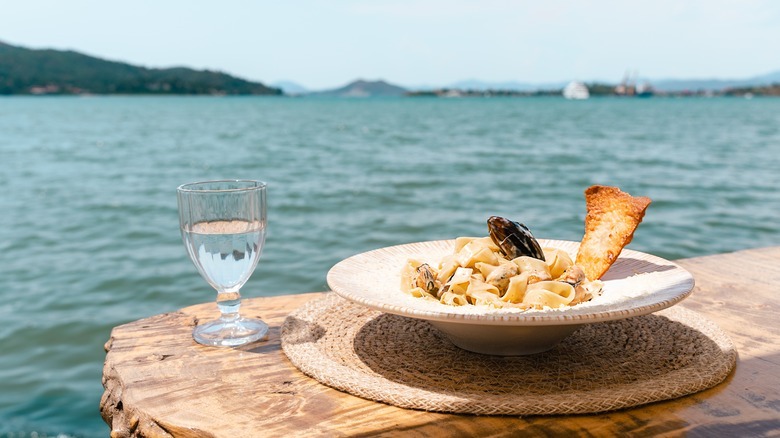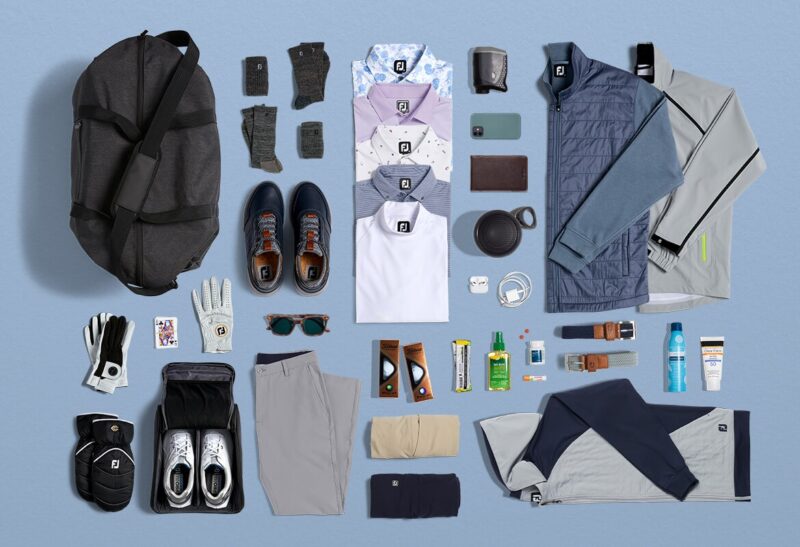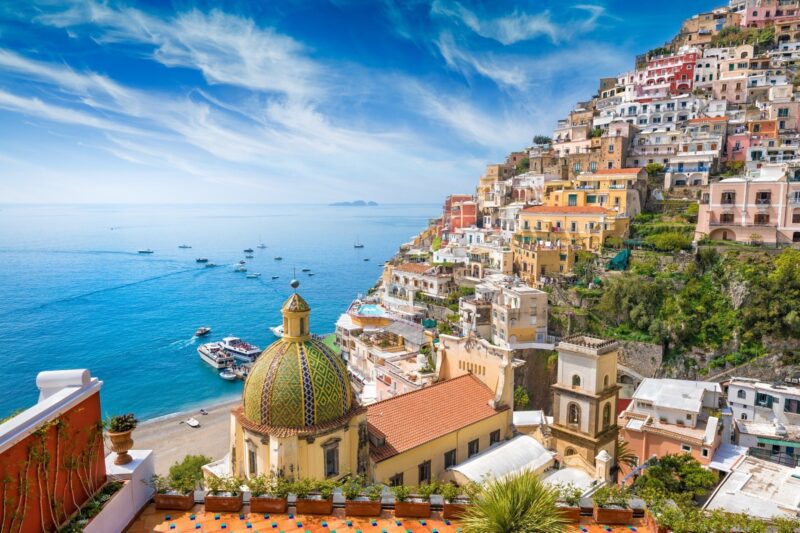Coastal towns without big hotels offer a unique kind of travel experience — quieter, more personal, and often more authentic.
But they also come with their own set of challenges. Whether you’re planning a solo trip, a couple’s escape, or a family vacation, visiting places that lack major accommodations takes a bit more forethought. The reward, however, is worth every extra step.
If you’re thinking of exploring one of these hidden seaside gems, here are seven practical tips to make sure your trip goes smoothly.
Key Highlights
- Choose your accommodations early since boutique stays fill up fast.
- Learn how to get around without relying on resort services.
- Explore local dining options instead of hotel restaurants.
- Embrace water-based activities by booking through local providers.
- Pack light and smart for unpredictable coastal weather.
- Be respectful of small-town rhythms and slower service pace.
Book Accommodation Early — Really Early

Small coastal towns typically don’t have chains or resorts with hundreds of rooms. You’re more likely to find family-run B&Bs, guesthouses, and vacation rentals. And those places? They fill up fast — especially during the warmer months.
If you’re traveling during peak season, you should be looking at least 2–3 months in advance. Use platforms like Airbnb, Booking.com, or even local travel forums to spot unique options. Also, don’t hesitate to email or call directly. Smaller spots might not list every available room online.
The key takeaway here: treat finding a place to stay like your top priority when planning the trip. Everything else can follow.
Consider Boat Charters for Unique Coastal Access
Smaller coastal towns don’t always have long sandy beaches or tourist-packed promenades. Many of the best spots are accessible only by water. That’s where local boat services come in — and they’re often way more interesting than any big cruise or group tour.
Instead of sticking to shore-based activities, consider spending a day or two exploring the coastline from the sea. Fishing trips, snorkeling tours, or even sunset cruises can be arranged by locals who know the area better than anyone else.
If you’re traveling to the Mediterranean, for example, local charters can show you a side of the region that bigger companies often skip. One great option is Malta Charters, offering personalized boat services perfect for discovering hidden coves and quiet bays.
Plan for Limited Transportation Options
In many small coastal areas, you won’t find Uber, taxis on every corner, or even frequent buses. Depending on where you’re going, public transportation might be irregular or nonexistent. Before you travel, do a little research on how people get around locally.
Ask these questions:
- Is it walkable from where you’re staying?
- Are bike or scooter rentals available?
- Is a rental car necessary?
If you’re flying in, check if the town is reachable by train or shuttle service. Some places have regional rail access or small ferry services that can get you close enough. Still, always map it out before you book anything else.
Eat Like a Local — It’s the Best Option Anyway

The lack of big hotels also means fewer hotel restaurants and bars. And that’s actually a good thing. Coastal towns usually have amazing food, especially if you’re into seafood. Small taverns, beachside shacks, and local markets are where you’ll find the real flavors of the region.
Look for daily specials written on chalkboards — that’s where the fresh catch of the day usually appears. You can also ask locals where they eat. Most will be more than happy to point you to the good stuff.
Bonus tip: in some towns, restaurants may close early or shut down completely on certain days of the week. Always check hours ahead of time and consider making reservations if you’re traveling during busy periods.
Know What to Expect From Your Stay
Don’t expect the same amenities you’d find in a resort or branded hotel. Wi-Fi might be spotty. Air conditioning may not be available in every room. Daily housekeeping? Maybe not.
That’s not to say these places are uncomfortable — far from it. Many boutique stays are charming, clean, and welcoming. But they work differently. Think of your stay as being closer to a home visit than a commercial service.
Bring your own toiletries, don’t expect a minibar, and ask ahead if you need anything specific. Clear communication before arrival can make the difference between a comfortable stay and a frustrating one.
Pack for Changing Coastal Weather

Coastal towns often have unpredictable weather — sunny mornings can turn into windy afternoons, and evenings might be cooler than expected, even in the summer.
Here’s a simple rule: layers are your friend.
Pack:
- A lightweight waterproof jacket
- Comfortable shoes for uneven coastal paths or cobblestone streets
- Swimwear and a quick-dry towel for impromptu dips
- A sun hat and reef-safe sunscreen
Also, if you’re heading somewhere remote, don’t assume you’ll be able to buy everything you forgot. Bring what you need, especially medications, chargers, or any gear specific to your activities.
Respect the Local Pace and Culture

One of the main reasons to visit a coastal town without big hotels is to get away from the rush. These towns operate at a different speed — slower, calmer, more grounded.
That means things might take longer. Shops might open late and close early. Service in restaurants could be slower than you’re used to.
But that’s part of the charm. People aren’t in a hurry — and neither should you be.
A few polite words in the local language can go a long way. Show appreciation, be patient, and remember that you’re a guest in someone else’s community.
Your attitude will shape your experience more than anything else.
Final Thoughts
Traveling to coastal towns without big hotels is a chance to experience something real — not pre-packaged or polished for the masses. It’s not just about scenic views and quiet beaches. It’s about connecting with a place that still values simplicity and personal connection.
Plan ahead, keep your expectations in check, and stay flexible. With the right mindset, these kinds of trips can be some of the most memorable you’ll ever take.

